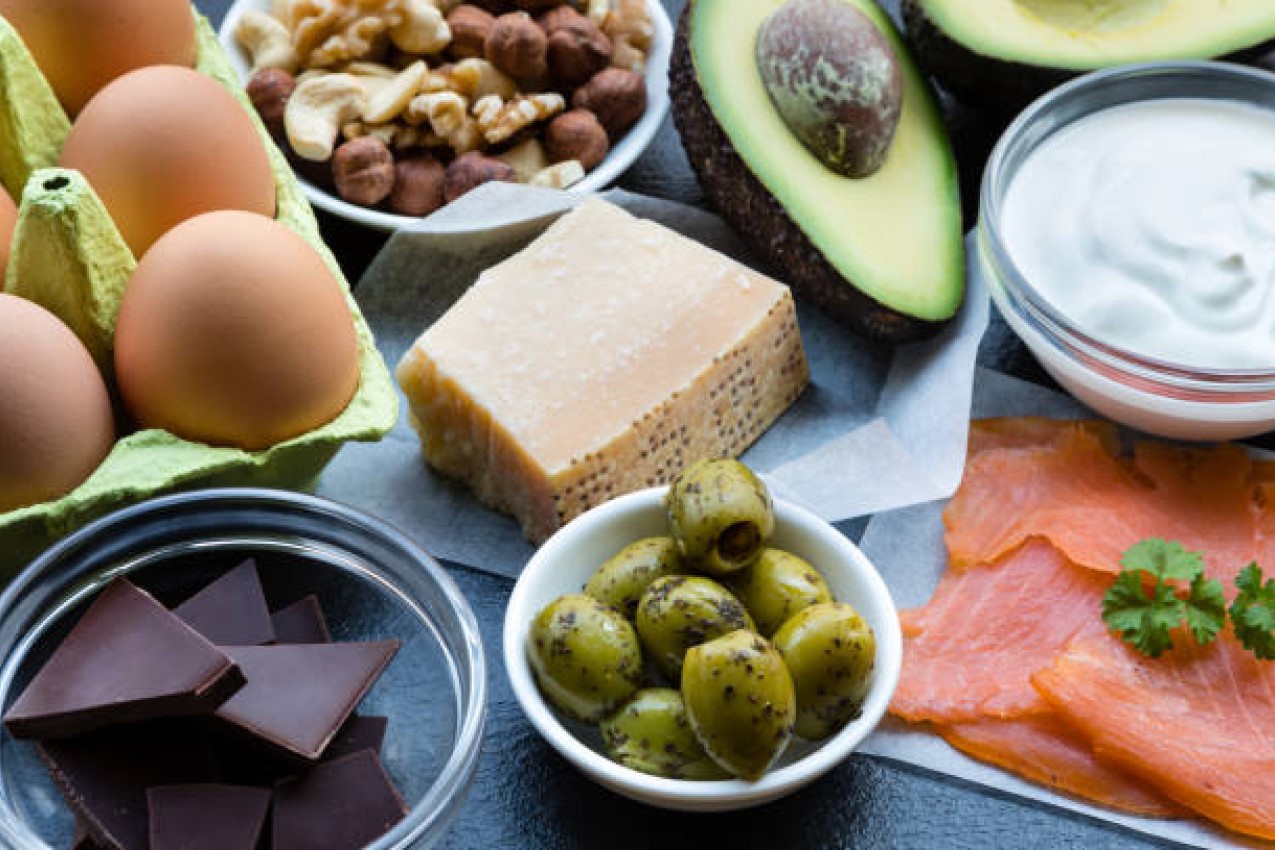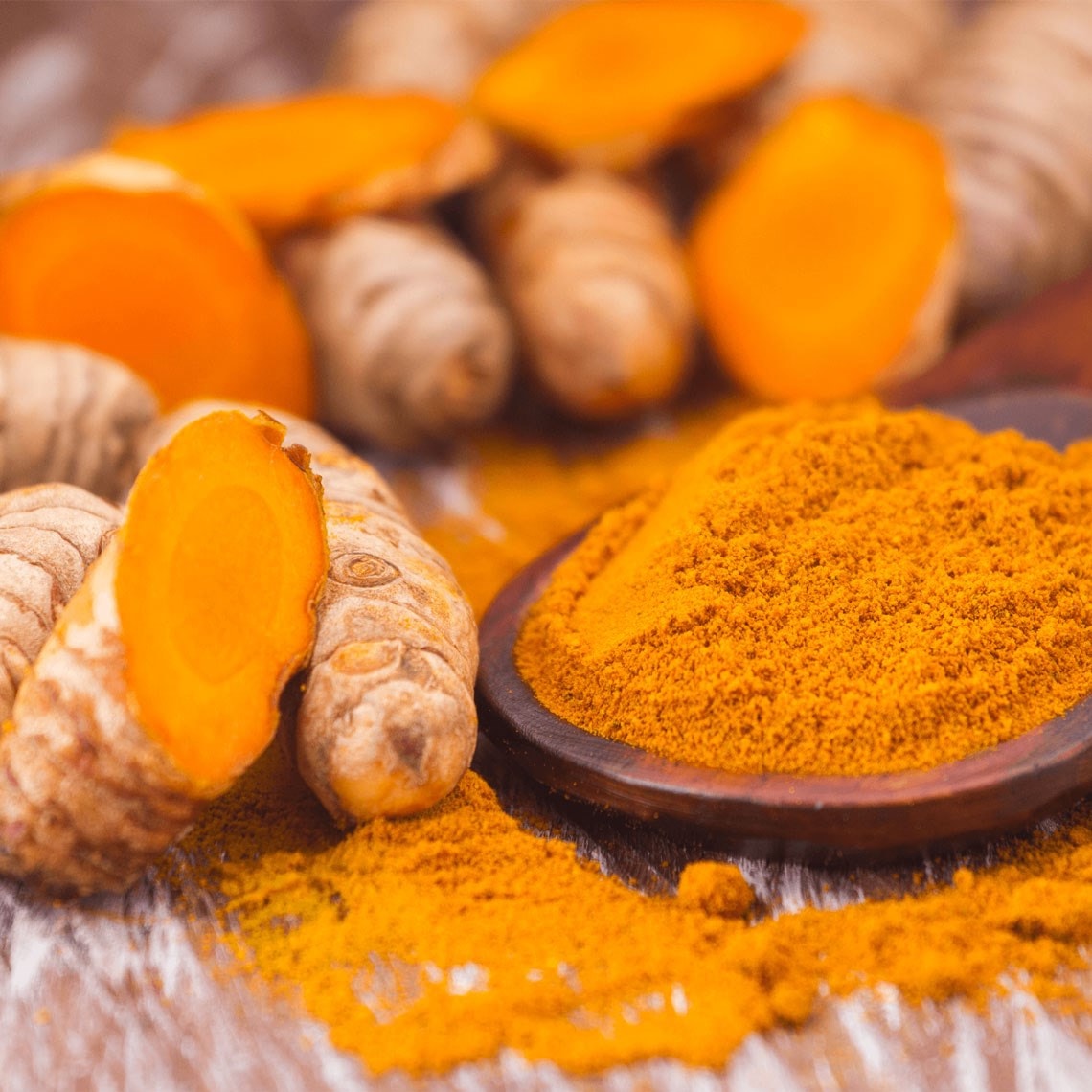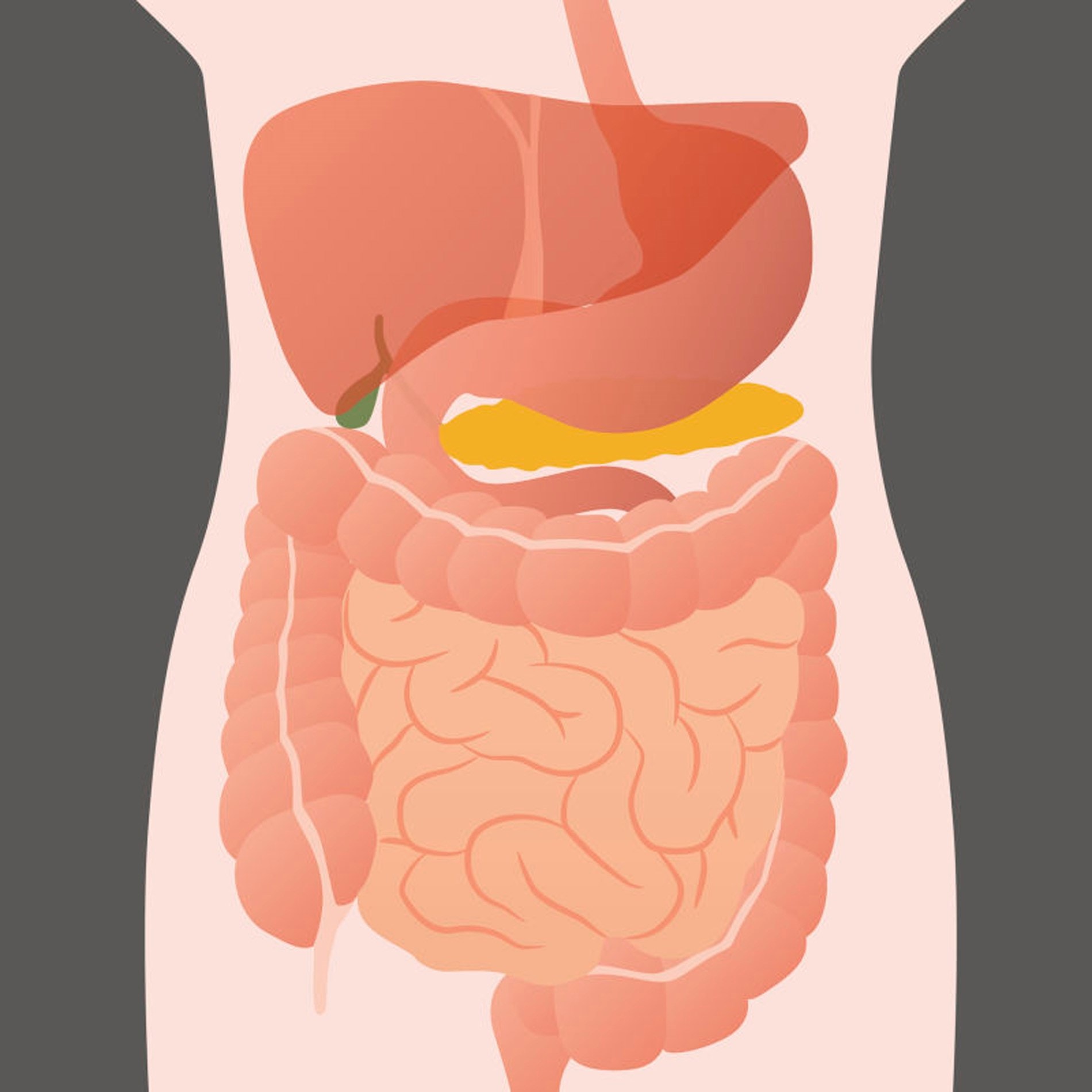Keto Diet and the Gut Microbiome
The keto diet, short for ketogenic diet, is a very strict low carb diet. The aim is to send the body into ‘ketosis’, where fat is used for fuel instead of carbohydrate. It is a popular way of eating for people wanting to lose weight. But how does a keto diet affect your gut health? This article gives you everything you need to know about the keto diet and the gut microbiome:
- What is the ketogenic diet?
- Differences between the keto diet and traditional diets
- Effects of the keto diet on your body
- How does the ketogenic diet affect the gut microbiome?
- Which is the best probiotic for keto diet?
- Which are the best keto foods for gut health?
- Is keto bad for your gut?
- Summary of keto and gut health
What is the ketogenic diet?
A ketogenic diet involves consuming very low amounts of carbohydrate, instead replacing carbohydrate with fat. A typical keto meal could be up to 80% fat and no more than 10% carbs. The aim of the ketogenic diet is to encourage your body to use fat as its main source of energy rather than its preferred glucose (carbohydrate), by putting the body into a metabolic state called ketosis. Ketosis is when fatty acids are released from fat cells and turned into ketones in the liver. These ketones become a vital source of energy for the body because, unlike fatty acids, ketones can cross the blood-brain barrier and provide energy for your brain in the absence of its favoured glucose.
To enter a state of ketosis you need to eat less than 20g of carbohydrate (carbs) a day for several days in a row. This is not easy! If you consider that one typical slice of bread contains at least 10g of carbohydrate and one medium sized apple has around 15g of carbohydrate, you’ll see the challenge.
It can take 3-5 days to achieve ketosis, although this varies considerably from person to person depending on factors such as age, exercise level and metabolism.

Differences between the keto diet and traditional diets
The keto diet shares similarities with other low carb diets including Atkins, paleo and the south beach diet. All of these diets follow low-carb rules, with subtle distinctive differences, essentially on the premise that eating fewer carbohydrate foods promotes weight loss.
Intermittent fasting, where you switch between periods of fasting and eating as normal, often goes hand in hand with the keto diet as fasting can help you to reach ketosis quicker. The 16:8 plan, where you eat during an 8-hour window and fast for the remaining 16 hours each day, is the most common intermittent fasting protocol that people pair with the keto diet. Some people advocate one meal per day as a quick way to enter a state of ketosis.
Traditional diets such as the Mediterranean diet tend to have a more balanced ratio of carbohydrate, protein and fat, instead focussing on consuming whole, unprocessed foods in moderation. Some people combine a traditional diet with keto by taking healthy food staples like olive oil, oily fish, full-fat dairy and low-carb vegetables and tailoring them to a macronutrient ratio suitable for keto.
Effects of the keto diet on your body
The keto diet is currently most famous for weight loss, but not everyone knows that its original purpose was to help children experiencing epileptic seizures. It was back in the early 1920s that the ketogenic diet was first introduced as a treatment for epilepsy in people who did not respond to conventional drug treatment. There have been several studies in both children and adults with epilepsy which have reported significant reduction in seizures1,2.
People following a keto diet find that hunger reduces, possibly because fat based foods are more satisfying and take longer to digest than carbohydrate foods. A piece of cheese fills you up more than a couple of sticks of celery! As you might imagine, reduced hunger pangs often leads to losing weight, due to the simple fact that you are not eating as much as before. Some people find that they only need one or two meals a day when doing keto. Regardless of how often you eat when on a keto diet, losing weight is not guaranteed. If you aren’t careful then a high-fat diet like keto can lead to unwelcome weight gain, due to your genetics, or simply from consuming more food than your body is used to.
Keto advocates describe many plus points, despite the challenges of sticking to the diet. Followers report sleeping better, being able to think more clearly, and having more energy. Although there is no scientific evidence to support these health improvements, anecdotal evidence is a powerful pull if you are on the fence with trying out keto.
One reported downside to the ketogenic diet is something called ‘keto-flu’, which is your body’s response a few days into the ketosis, that can mimic symptoms of flu. Withdrawal from carbohydrates, your body’s usual source of fuel, triggers these flu-like symptoms which can include extreme tiredness, aches, nausea and a foggy brain. The brains need normally relies on glucose from carbohydrate foods to function, so it is unsurprising that low carb diets may cause fuzzy thinking. Rest assured though, these symptoms are temporary and tend to pass within a few days or so.
How does the ketogenic diet affect the gut microbiome?
When making any significant changes to your diet it is always a wise idea to consider how your gut microbiome might be affected. Studies have found that gut bacteria react to changes in the food we eat surprisingly quickly, with alterations in bacterial diversity showing in a matter of hours3.
Specifically, for a very low carb diet such as keto, there is interesting research in how the reduction in carbs affects gut bacteria. Some studies found a low carb diet reduced total bacterial levels in addition to reducing bacterial diversity4. Studies have also established changes that occur in probiotic species, including low carbs diet resulting in less beneficial anti-inflammatory species while other less desirable probiotic species increase5.
Other studies have shown that a ketogenic diet affects the Firmicutes/Bacteroidetes ratio and is associated with decreases in faecal SCFA and increases in A. muciniphila, which can negatively affect intestinal inflammation6.
However, it is useful to know that not all scientific studies agree with how the ketogenic diet affects the gut microbiome. Some research came to the conclusion that a low carb diet can help to improve imbalanced gut microbiota7,8. We think that more research is needed before a definitive answer can be given.
As mentioned earlier, there are some common gut related effects on the digestive system when the body enters ketosis, namely constipation and nausea. Nausea can occur because of the switch to consuming such a high quantity of high fat foods. Fats take longer than carbs to be digested and absorbed into the body, so, understandably, your gut can feel a bit unsettled while adjusting to this new regime.

In addition, a 2020 study looked at the effects of high dairy consumption and low dairy consumption on the gut microbiome. Researchers found that a high dairy diet, which is common in people following keto, tends to result in a reduction in specific butyrate bacteria, produced when you digest and break down fibre known for helping to keep you regular9.
Fruits and vegetables are the most common dietary sources of fibre, vital for regular bowel movements. When you suddenly stop eating or drastically reduce fruits and vegetables because of their carb content, your body is suddenly missing out fibre. This can cause bowel movements to slow down or stop altogether, resulting in constipation. Constipation is a perfectly normal side effect of the keto diet but that does not mean you need to suffer. Drinking plenty of water when on a keto diet is very important because water can help to reduce constipation and return bowel habits to normal.
There are some less common digestive effects of the keto diet that you want to be aware of. These include bloating, gas, abdominal pain and diarrhoea, which can happen if your gut isn’t digesting fats properly.
If you experience any significant gut changes, we would suggest easing off a strict keto diet for a while until your body adjusts. You may also wish to consider getting in touch with a registered Nutritional Practitioner for specialised dietary advice.
Finally, as already mentioned, intermittent fasting can help people to enter ketosis faster. In terms of gut health, there is some evidence to suggest that intermittent fasting may be of benefit to your gut health by boosting bacterial diversity in the gut microbiome.
Which is the best probiotic for keto diet?
First and foremost, it is best to choose a probiotic supplement that has strains researched to support your individual symptoms. For example, if you are experiencing constipation then look for a probiotic supplement that contains strains such as Bifidobacterium lactis BB-12®, Bifidobacterium lactis HN019, Bifidobacterium lactis DN-173 010 or Lactobacillus rhamnosus GG®, all of which have been extensively researched for constipation.
One of the best probiotic strains for diarrhoea is the friendly yeast Saccharomyces boulardii which supports normal bowel transit time. S boulardii is transient, helping eliminate infectious organisms as it passes through the gut, so it works well taken alongside colonising probiotic strains.
If you are following a keto diet and have been lucky enough not to experience any digestive ill effects, then a multi strain quality probiotic could be the best supplement to choose.
We know that sticking to a keto diet long term is not only practically challenging to follow, but without regular carbohydrate, beneficial carb-loving bacteria like Bifidobacteria can be reduced. A reduction in Bifidobacteria, important for a healthy immune system, can potentially harm your gut and immune health.
Which are the best keto foods for gut health
On a keto diet fruits and vegetables are limited because they are generally high in carbohydrate. However, we know that fresh fruits and vegetables are great for gut health because they are high in fibre which gut bacteria love to feed on. So, how can you follow the keto plan and still eat healthily?
Well, much comes down to planning and doing your research on the best keto foods for gut health.
On a keto diet most types of fruit are not an option as they contain too much carbohydrate. Berries though are your friend. 100g of strawberries contain around 8g of carbs, while the same weight of raspberries has around 10g of carbs.
When it comes to vegetables, think above ground and green. Not only are green leafy veg packed full of vitamins and minerals, but they also tend to be lower in carbohydrate than root vegetables - perfect for the keto diet. Two handfuls of spinach contain just 1g of carbs, four spears of asparagus has 2g of carbs, and a cup of rocket around 3g of carbs.
Other probiotic foods that are keto friendly include fermented foods such as kimchi and sauerkraut, made from fermented cabbage. Prebiotics, the food the beneficial gut bacteria thrive on, are another healthy addition to a keto diet. Good sources of prebiotics include onions and garlic, which are low in carbs and super easy to add to meals for a gut health boost.
Is keto bad for gut health?
A common question that people ask when considering starting keto t is ‘can keto ruin your gut?’ The question undoubtedly stems from myths and social posts about keto that are unlikely to be backed up by science. As explained in this article, it is possible to experience unwelcome gut related side effects from keto. But equally, with some thought, care and the right supplement, you may find that your gut health thrives.
Summary of keto and gut health
Understanding how food choices affect your gut bacteria is important for making an informed choice. In this article we have explained about the keto diet and gut health.
- The ketogenic diet is a very low carb way of eating, with the aim being to get the body to use fats instead of carbs as its primary source of energy.
- Changes to the gut microbiome occur because of eating less carbs.
- The best probiotic for keto diet has strains proven to support your specific symptoms.
- A keto diet can be good for gut health – particularly coming from a highly processed carbohydrate diet.
If you enjoyed reading the gut microbiome and keto then you may also wish to read these articles:
References
1. Meira I et al., (2019) Ketogenic Diet and Epilepsy: What We Know So Far. Frontiers in Neuroscience, 13: 5.
2. Martin-McGill K et al., (2018) Ketogenic diets for drug-resistant epilepsy. Cochrane Database Syst Rev, Nov 7;11(11):CD001903.
3. David LA et al., (2014) Diet rapidly and reproducibly alters the human gut microbiome, Nature, 505: 559–563.
4. Sun S et al., (2022) Effects of Low-Carbohydrate Diet and Exercise Training on Gut Microbiota. Frontiers in Nutrition, 9:884550. doi: 10.3389/fnut.2022.884550
5. Tagliabue A, et al. Short-term impact of a classical ketogenic diet on gut microbiota in GLUT1 Deficiency Syndrome: a 3-month prospective observational study. Clin Nutr, 17:33–7. doi: 10.1016/j.clnesp.2016.11.003
6. Attaye I et al., (2022) The Role of the Gut Microbiota on the Beneficial Effects of Ketogenic Diets. Nutrients, 14(1): 191.
7. Zhang Y, Zhou S, Zhou Y, Yu L, Zhang L, Wang Y. Altered gut microbiome composition in children with refractory epilepsy after ketogenic diet. Epilepsy Res. (2018) 145:163–8. doi: 10.1016/j.eplepsyres.2018.06.015
8. Lindefeldt M, Eng A, Darban H, Bjerkner A, Zetterström CK, Allander T, et al. The ketogenic diet influences taxonomic and functional composition of the gut microbiota in children with severe epilepsy. NPJ Biofilms Microbiomes. (2019) 5:5. doi: 10.1038/s41522-018-0073-2
9. Swarte JC et al., (2020) Effect of High versus Low Dairy Consumption on the Gut Microbiome: Results of a Randomized, Cross-Over Study. Nutrients, 12(7): 2129.
Popular Articles
View all Gut Health articles-
Gut Health25 Mar 2025
-
Gut Health15 Nov 2023
-
Gut Health15 Nov 2023


